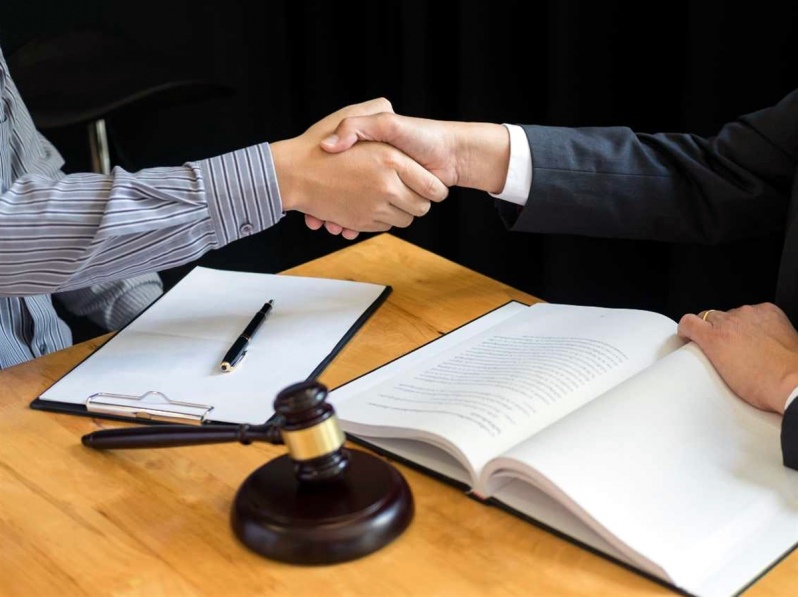
Mediation in legal disputes in maritime transport
In the U.S. and the UK there are different approaches to address this tool.
According to Gard mediation is a facilitated negotiation in which the disputing parties voluntarily agree to bring in a neutral third party to help reach a compromise and avoid litigation. The mediator does not take sides, but helps the parties to understand and focus on the issues at hand. Mediators can be professionals with formal training and long commercial experience, although in practice anyone can act as a mediator as long as the parties agree.
Mediation is voluntary and confidential. The parties may agree to mediate at any time in the dispute resolution process.
In addition, it can be cost-effective compared to more formal approaches to arbitration and litigation. The success of mediation depends largely on the willingness of all parties to avoid formal legal processes and make concessions to resolve the dispute.
USA: beyond the dollars
In the US, most maritime litigation involves personal injury. Claimants include United States sailors, stevedores, pilots, surveyors, passengers and others injured while on board or working near ships. In US federal courts, prior to trial, an effort will be required to resolve the case through a conciliation or mediation conference, depending on the district. If it is not necessary, mediation in state courts is recommended. Private mediation is common and requires the consent of all parties.
One of the most critical success factors identified by Michael Leahy, president of Gard’s New York office, is the mediator’s message at the opening session that “Today, the claimant has the opportunity to control the outcome of the claim and loses that opportunity if the case proceeds to trial where its fate is in the hands of strangers”.
Mediator Jacob Munch agrees that the objectives of the session should be clear from the outset. She sometimes schedules a pre-mediation conference call to make sure that plaintiffs, lawyers, and other parties understand what to expect. Plaintiffs can use mediation to “express how they feel they have been wronged”. It is important that the other side is willing to listen. “Recognizing the difficulty, recognizing the injury is not accepting responsibility,” he adds.
Sandra Gluck, both arbitrator and mediator, feels that mediation helps ‘humanize’ the defendant, particularly if the defendant is a corporation because the company and insurance representatives can interact directly with the plaintiff. “An apology, within the parameters allowed by a lawyer, or an expression of genuine empathy can work wonders to break down resistance and allow parties to focus on problems that can be solved”.
Practice in the United Kingdom
Mediation in the UK is voluntary and is generally used as a maritime resolution tool for disputes between two or more sophisticated commercial entities. Therefore, a fundamental difference with U.S. practice is the types of parties and claims involved. Because there are commercial parties on both sides, mediator Stephen Mills comments that empathy is not as important as it can be in the US. Freight shipping operators are familiar with contractual disputes and tend not to take them personally. “The challenge, then, may not be to take the heat off the discussion of the agreement, but to refocus it and try to redefine what the parties’ preconceived idea of success may be in the negotiation”.
Christen Guddal, director of claims in Gard states that “the parties are not to win’. They are there to try to resolve their dispute”. He adds: “If we in Gard say yes to mediation, we create a reasonable perception that our goal is to reach an agreement, so it is better to be genuine. A party that is not genuine in this respect risks making the relationship between the parties even more antagonistic”.
Improving the chances of successful engagement
According to Gard, the common factors contributing to a successful outcome of mediation in the U.S. and the UK are:
- Include the real decision makers. Mediation is informal and sometimes deals are more likely to be made between the parties when their lawyers are not in the room.
- Lawyers play a vital role and need to be well informed and prepared to listen to the other side.
- Time is of the essence. Mediation may be too early if the essential facts are unknown, although it is better than mediation too late.
- The mentality of the parties, including insurers, is paramount. All must unite with the genuine objective of resolving their dispute.
- A mediated settlement saves money for everyone. In addition to the cost, litigation is also time-consuming, with years between the initial claim and resolution.
- According to Gard there are factors that contribute to the prospects of solution, but there is no single formula for success. Closing the deal is an art, not a science.
SOURCE: MUNDOMARITIMO.CL
